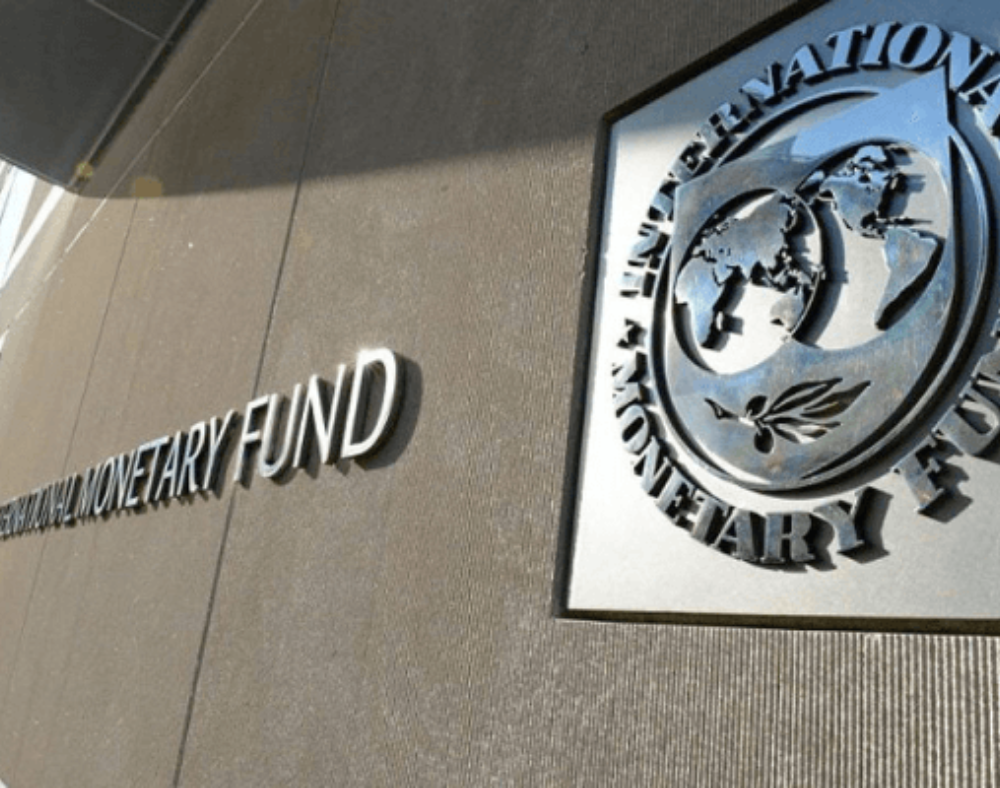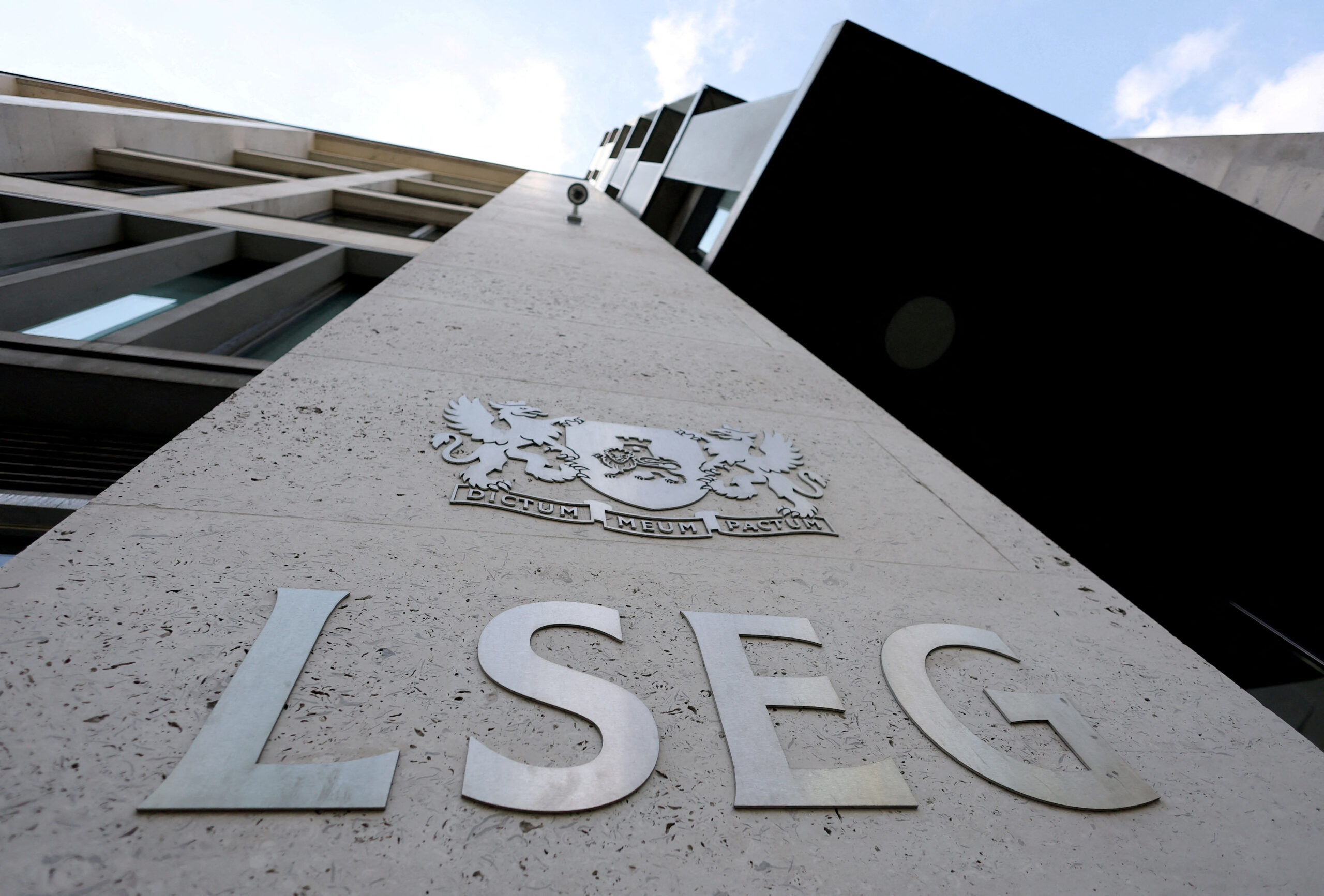IMF Commends Nigeria’s Audacious Reforms, Warns of Oil Price Fluctuations
The International Monetary Funds (IMF) has commended Nigeria’s economic changes but cautioned that inflation, oil prices, and insecurity may jeopardize the future.
The International Monetary Fund (IMF) has lauded Nigeria’s current economic reforms, characterizing them as audacious initiatives that have contributed to economic stabilization and established a foundation for future development.
Nevertheless, the Fund warned that falling oil prices and global economic instability might threaten the nation’s macroeconomic forecast.
The Central Bank of Nigeria (CBN) said in its January 2025 Economic Report that the federal government secured $2.06 billion in foreign capital in January, an increase from $1.57 billion in December 2024, due to favorable returns in the domestic financial sector.
The nation enhanced its trade surplus to $2.20 billion, up from $1.06 billion in December.
The data published on the central bank’s website said that portfolio investment inflow rose to $1.85 billion, up from $1.23 billion, mostly due to increased acquisitions of money market instruments.
The IMF’s evaluation was included in a statement released during its 2025 Article IV Consultation Mission to Nigeria, conducted from April 2 to 15.
The fund observed that the team, directed by Axel Schimmelpfennig, interacted with principal stakeholders, including the Minister of Finance and Coordinating Minister of the Economy, Wale Edun; Central Bank Governor Yemi Cardoso; additional senior government officials; alongside representatives from the private sector, academia, and civil society.
The IMF, in its Article IV consultation report, stated: “The Nigerian authorities have implemented significant measures to stabilize the economy, bolster resilience, and promote growth.”
These changes have enhanced Nigeria’s capacity to maneuver within the external environment.
The macroeconomic forecast is characterized by considerable uncertainty. The Nigerian economy is influenced by heightened global risk sentiment and declining oil prices.
“Macroeconomic policies must enhance buffers and resilience, mitigate inflation, and promote private sector-driven growth.”
Schimmelpfennig said that the termination of deficit funding by the CBN, the elimination of expensive fuel subsidies, and enhancements in the foreign currency market were significant policy changes that demonstrated a commitment to reform.
He asserted: “The Nigerian authorities have implemented significant measures to stabilize the economy, bolster resilience, and promote growth.” The central bank has halted the funding of the budget deficit, eliminated expensive fuel subsidies, and enhanced the operation of the foreign currency market.
“Economic gains have not yet benefited all Nigerians, as poverty and food insecurity persist at elevated levels.”
The forecast is characterized by considerable uncertainty. Increased global risk appetite and declining oil prices affect the Nigerian economy. The changes implemented since 2023 have enhanced the Nigerian economy’s capacity to maneuver through the external environment.
“In the future, macroeconomic policies must enhance buffers and resilience, while fostering conditions conducive to private sector-driven growth.”
The report stated: “The authorities informed the mission that they will execute the 2025 budget in a manner that addresses the decrease in international oil prices.”
A neutral fiscal position would bolster monetary policy efforts to reduce inflation.
“To protect essential spending priorities, it is crucial that fiscal savings from the elimination of the fuel subsidy are allocated to the budget.”
Specifically, modifications must safeguard essential, growth-promoting investments, while expediting and expanding the distribution of cash transfers via the World Bank-supported initiative to alleviate food insecurity.
In light of these uncertainties, the IMF advised policymakers to maintain the existing policy direction and implement a more stringent monetary policy to mitigate inflation.
A stringent monetary policy is necessary to effectively reduce inflation. The data-driven strategy of the Monetary Policy Committee has benefited Nigeria and will assist in managing heightened macroeconomic uncertainty.
Proclaiming a disinflation trajectory as an interim objective may assist in stabilizing inflation expectations,” it stated.
Simultaneously, the CBN Economic Report said that the nation’s Foreign Direct Investment (FDIs) decreased to $0.07 billion from $0.12 billion in December.
Other investments, mostly loans, declined to $0.14 billion from $0.22 billion in the prior month, according to the report.
The Federal Capital Territory (FCT) represented the largest proportion of capital imports at 62.88 percent, relegating Lagos State to second place with 36.59 percent for the first time.
Additional regions are Ogun (0.04 percent) and Kano (0.01 percent). Other locations comprised the remainder.
Nevertheless, the federal government’s budget deficit increased throughout the review period relative to December, attributed to decreased tax collections.
Export revenues increased by 29.09 percent to $5.37 billion, up from $4.16 billion in the prior month, indicating a rise in the export of both oil and non-oil items.
Import bills rose by 2.26 percent to $3.17 billion, up from $3.10 billion in December, due to increasing importation of non-oil items.
The CBN said that preliminary statistics indicated an increase in the budget deficit of the federal government in January, relative to the previous month.
Federal income plummeted by 31.35 percent compared to December, with retained revenue falling by 69.19 percent and total spending down by 15.51 percent.
Data indicated that the main deficit and total deficit increased compared to the previous month, attributable to less federal government independent revenue collection and a reduced share of exchange gains for the FGN.
Furthermore, Gross Federation Account revenues dropped, indicating reduced inflows from both oil and non-oil sources.
The CBN said that the preliminary gross federation account receipt was N1.94 trillion, which is 31.35 percent and 35.22 percent lower than the previous month and the benchmark, respectively.
The study ascribed the decrease in revenues mostly to a fall in collections from Petroleum Profit Tax (PPT), royalties, corporate income tax, and customs and excise charges.
news via inbox
Get the latest updates delivered straight to your inbox. Subscribe now!




